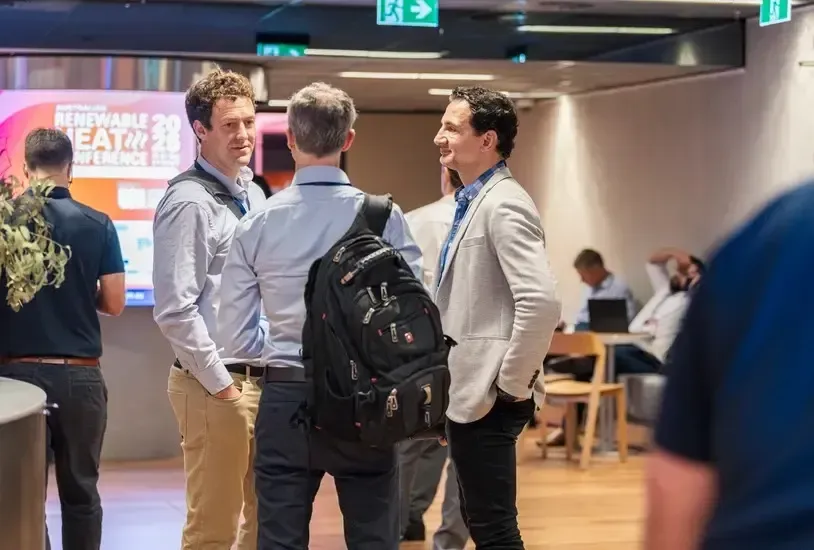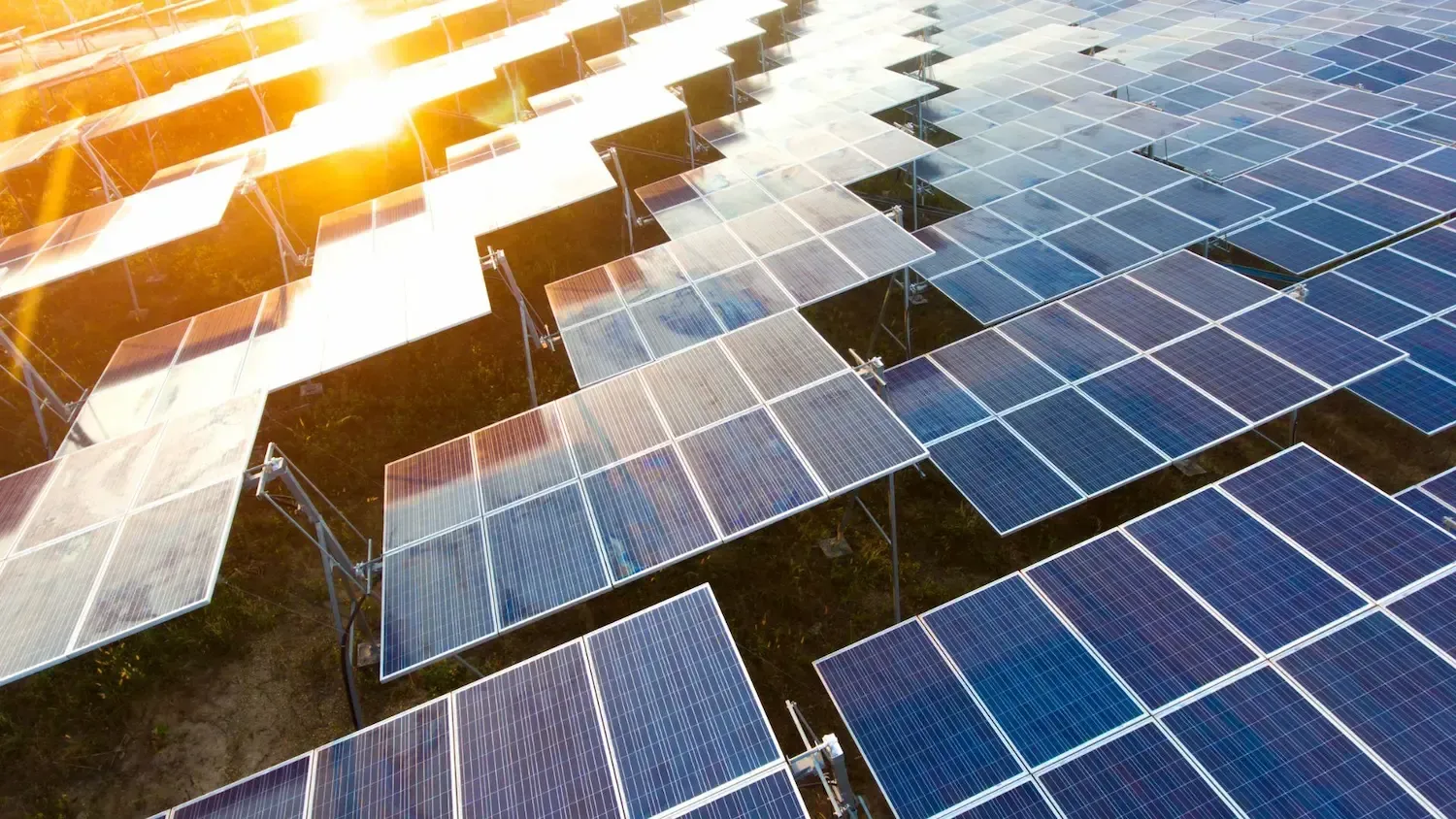Craigpine Energy Management Partnership
Craigpine
Energy Management Partnership
$450,000 of Energy Savings Annually over 8 years
Problem
CraigPine is located near Invercargill and produces approximately 115,000 m3 of sawn pinus radiata timber annually. High energy use technology utilised by the sawmill include mills, kilns and boilers. Some of this technology was reaching the end of its maintainable life, therefore, needed replacing. Along with this, CraigPine had a focus on energy efficiency and desired to reduce its operating costs.
Solution
DETA helped with implementing strategies through the use of an Energy Management Programme and developing several projects that deliver tangible energy reduction.
Outcome
DETA identified areas for energy reduction through audit processes, and developed an energy management framework that delivers savings of more than $450,000 annually. DETA also delivered a co-generation project at CraigPine which reduces reliance on local grid infrastructure and creates revenue from a waste product.





